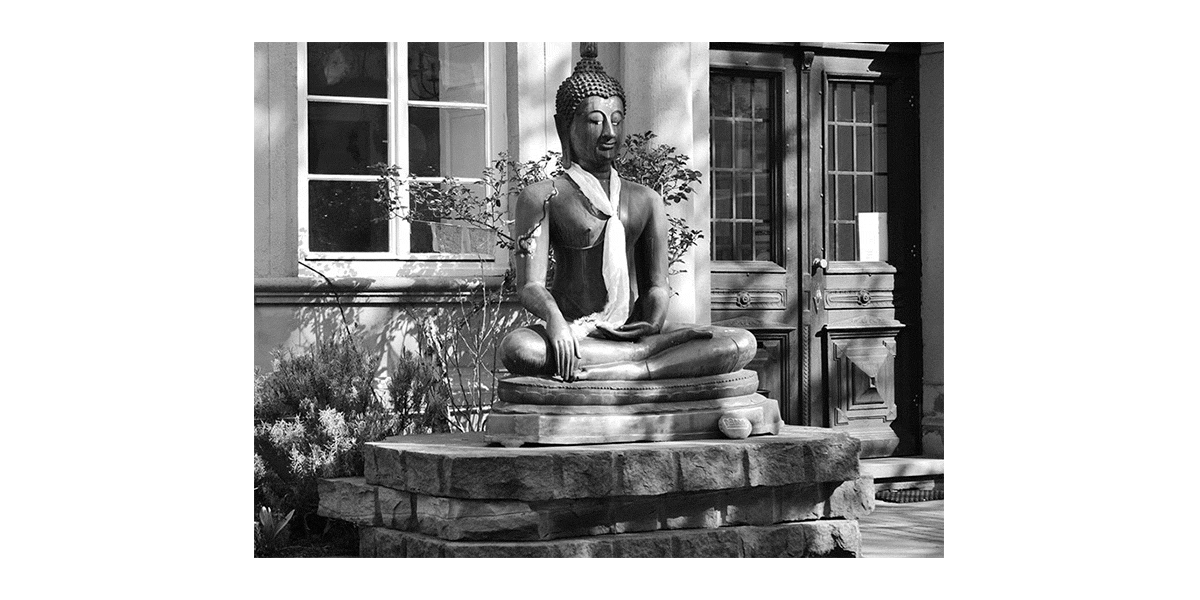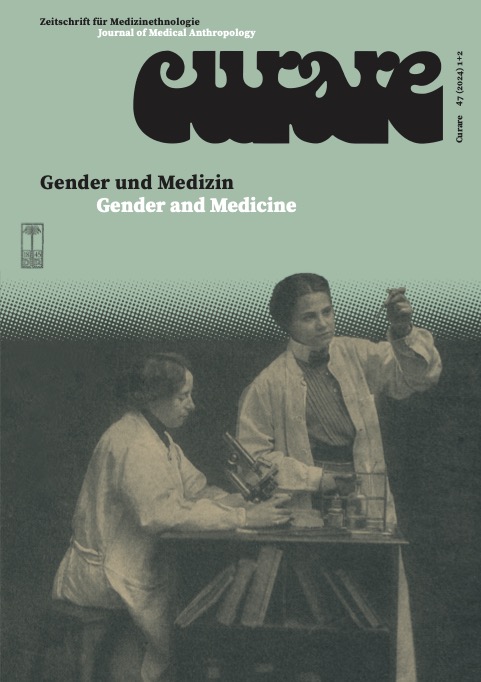Curare | Zeitschrift für Medizinethnologie | Journal of Medical Anthropology
Curare is a double-blind peer-reviewed journal of medical anthropology published by the AGEM – Arbeitsgemeinschaft Ethnologie und Medizin (Association for Anthropology and Medicine) since 1978. Articles are published in German & English. The transformation into an open access journal took place in 2024 with the support of the German Research Foundation (DFG), a print version continues to be published by Reimer Verlag Berlin. All issues from 2018 are published online at www.curarejournal.org. Issues from 1978 to 2017 are freely accessible on the digitalization server of the FID SKA – Specialized Information Service Social and Cultural Anthropology and available at www.evifa.de/curare-journal.
Online First
2025
- Wolfgang Bichmann, Walter Bruchhausen, Dieter Hampel, Michael Heidegger, Albrecht Jahn & Oliver Razum, Wolfgang Krahl, Pitt Reitmaier, Susan B. Rifkin, Ekkehard Schroeder & Stefan Schubert. Ein bedeutender Forscher, Lehrer und Ideengeber. Nachruf einiger Weggefährt*innen auf Hans-Jochen Diesfeld (1932–2025)
- Tobias Becker. Medien und Medizin als Ressourcen füreinander Polio-Schluckimpfung im BRD-Fernsehen der 1960er- und 70er-Jahre
Current Issue
48 (2024) 1+2
Thematic Focus: Gender und Medicine
Edited by Barbara Wittmann & Alena Mathis
The thematic focus “Gender and Medicine” of this Curare issue explores historically shaped and enduring gender imbalances within our medical structures and their influence on our everyday interactions. The assembled articles draw on insights from critical feminist initiatives and the women’s health movement. They ask why people develop different illnesses depending on gender and how these illnesses are dealt with on the basis of specific socio-cultural influences. These contributions trace historical developments and, build-ing on this, they examine current conditions of gender-related power relations. The term ‘gender medicine’ is intended to help bring marginalised perspectives into focus in order to overcome the view of the cis-male body as the medical-pharma-ceutical norm, and to develop a new way to understand and respond to health inequities in clinical care and health services delivery. The articles also reflect (self-)critically on the Eurocentric narrowing of perspectives in order to shed light on the colonial effects of ‘medical expansion,’ effects which have hardly been addressed to date. As the critical contributions in this issue show, ‘gender medicine’ is still a utopia or a ‘non-space’ in many parts of the medical profession. In the ab-sence of a place where medicine is practised in the way the authors and research partners would like to see it, we at Curare are glad to provide at least a space for reflection. We hope that the contribu-tions will help to initiate the further development of medicine towards a more inclusive and equitable project.



